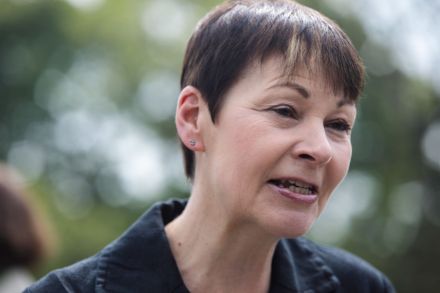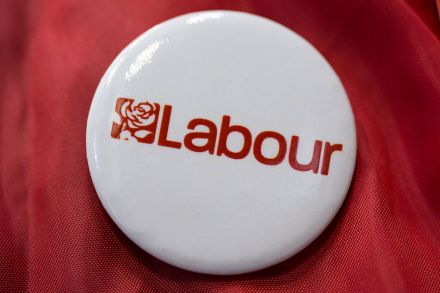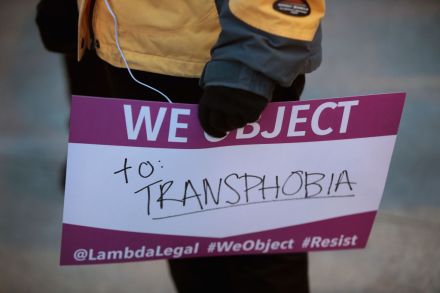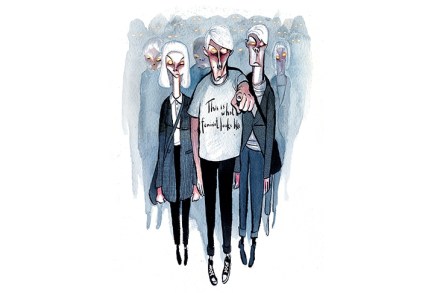Why was a transgender rapist put in a women’s prison?
If you were deciding where to house a convicted sex offender accused of repeatedly raping a woman, where’s the last place on earth you would put that person? How about a building full of vulnerable women, many of whom had previously suffered sexual assault and abuse? A building locked and secured so that those women could not get out and could not get away from that convicted sex offender? This is not a thought experiment. This is not a clever debating point. This is a simple factual description of something that happened in England in the last year. This is the case of Karen White, a multiple rapist who was




















